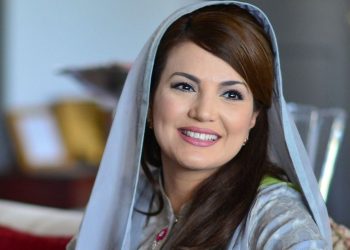WASHINGTON: The United States offered its strong support to Nigeria’s Ngozi Okonjo-Iweala to lead the World Trade Organization (WTO), clearing a path for her to become the body’s first female and first African leader.
The move marks by President Joe Biden’s administration is another sharp split from former president Donald Trump, who paralysed the organization and opposed the candidacy of the former Nigerian finance minister.
The US Trade Representative in a statement cited her “wealth of knowledge in economics and international diplomacy” and said she had “proven experience managing a large international organization”.
South Korea’s trade minister whom the Trump administration supported had abandoned her bid to head the WTO earlier on Friday. Yoo Myung-hee consulted with the United States and other major countries and “decided to renounce her candidacy”, South Korea’s trade ministry said in a statement.
The process to name a successor for Roberto Azevedo, who stepped down last August, had been deadlocked for months. WTO ambassadors tapped Okonjo-Iweala back in October as the best pick to lead the organisation, but without US support the process was left at a standstill since the director general is normally chosen by consensus among all 164 member states.
“The United States stands ready to engage in the next phase of the WTO process for reaching a consensus decision on the WTO Director General,” USTR said. “The Biden Administration looks forward to working with a new WTO Director General to find paths forward to achieve necessary substantive and procedural reform of the WTO.”
Okonjo-Iweala later said on Twitter: “Grateful for the expression of support from the US today.” If she does get the nod, Okonjo-Iweala would become the first woman and also the first African to lead the WTO.
Okonjo-Iweala, aged 66, has twice serves as Nigeria’s finance minister and its first woman foreign minister. She trained as a development economist and she has degrees from Massachusetts Institute of Technology (MIT) and Harvard.
She spent a quarter of a century at the World Bank, rising to be managing director and running for the top role in 2012, and is seen as a trailblazer in her home country.





































